We believe that the more human rights norms are known, understood and accepted, the more they are respected. Aims at producing positive impact with its work and will only intervene after an assessment and when we think a positive influence is possible. Work to prevent abuses against populations by promoting human rights norms where it is necessary.
One believes that a strong respect for human rights is a condition to build sustainable peace and has prioritized four human rights areas that it estimates essential to support peace efforts: ●¹cultural rights, including the protection of cultural heritage; ●²freedom from discrimination and the promotion of the rights of women and girls;
●³child rights; and
●⁴freedom of expression.
Main Achievements in 2022
Promoting women’s rights and participation in Myanmar
Fight for Humanity and Berghof Foundation conducted a participatory action research project examining the role that armed and political movements can play to implement United Nations resolution 1325 on Women Peace and Security to protect women in conflict and promote their participation in peace processes.
Supporting more than 650 Detained Children in Syria
Fight for Humanity supported more than 700 detained children from ISIS-related families with educational, recreational, and psychosocial support. These efforts were coupled with advocacy work for the children’s reintegration or repatriation to their home countries.
Fight for Humanity - 2022 Annual Report pg 3
Protecting and Promoting Cultural Heritage for Peace in Syria
Fight for Humanity and its local partner Orient Association secured, organized and documented more than 7000 artefacts in North East Syria and took conservation measures for 50 unique Roman mosaics, and built local capacity for heritage protection.
Promoting social cohesion in Northern Iraq
Fight for Humanity worked together with its partners to empower and engage local authorities and communities to promote social cohesion between different ethno-religious communities and the signature of 10 local peace agreements in conflict-hit and contested areas of Ninewah and Kirkouk.
Projects in 2022
Protecting Women and Promoting Their Participation in Peace- Building Processes
Context
In 2000, the United Nations (UN) adopted Resolution 1325 on Women, Peace, and Security (WPS), that notably seeks to better protect women and girls during armed conflict and to promote their participation in building peace. This resolution was initially designed to be implemented by UN Member States. Its wider application could improve the lives of an estimated 75 million women and girls currently living in areas controlled or influenced by armed and political movements.
Action
Berghof Foundation and Fight for Humanity, with the support of the German Federal Foreign Office, conducted a participatory action research project examining the role that these movements can play to implement resolution 1325.Over a period of six months, the research team investigated the perceptions, regulations, practices, needs, progress, and challenges regarding the implementation of the WPS agenda of two Ethnic Resistance Organizations (EROS) from Myanmar: the Karenni National Progressive Party (KNPP) and the Karen National Union (KNU).
Achievements
• A policy brief and a research report presenting findings and recommendations for the international community, policy makers and EROS.
• A video on the situation in the EROs areas and the current challenges.
Presentation of the research report to the two movements' leaderships as a first step before the implementation of some of the recommendations.
• Dissemination of the policy brief to policy-makers and international community through several online events and social media.
• Securization of funding for a next phase of the project to follow up on the recommendations and extend the project to another country.
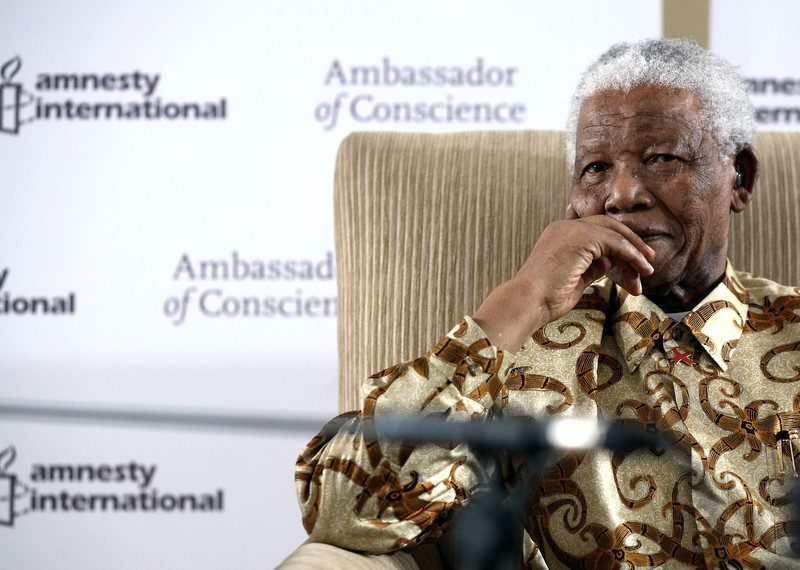
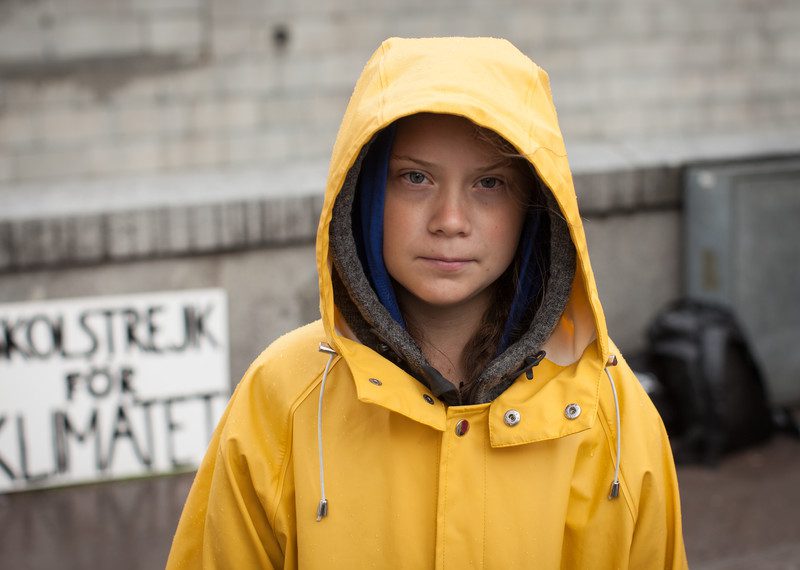
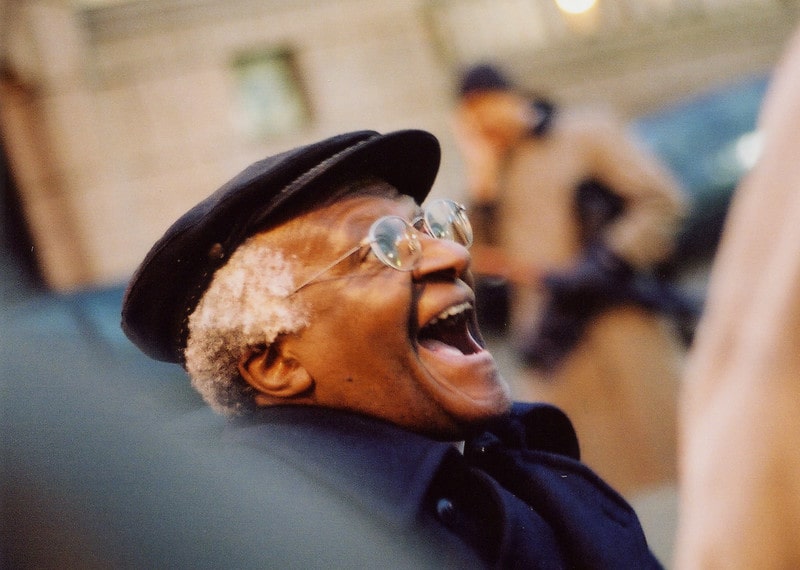
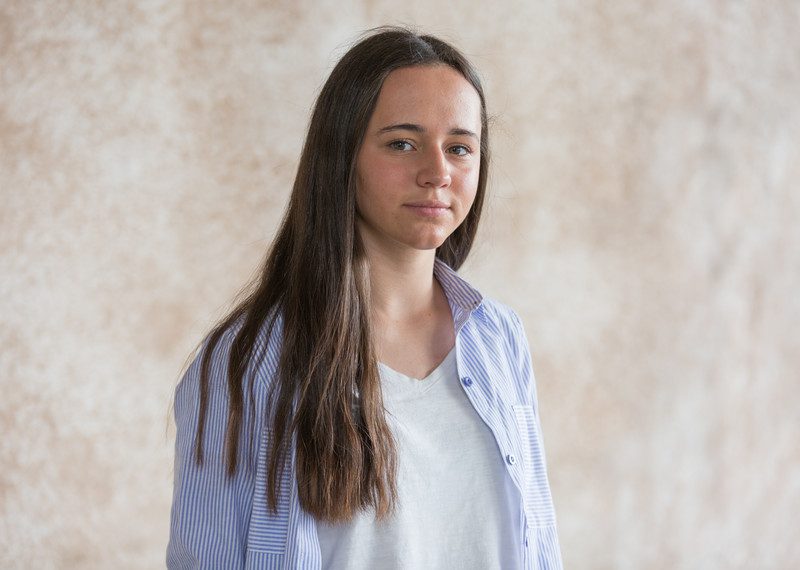
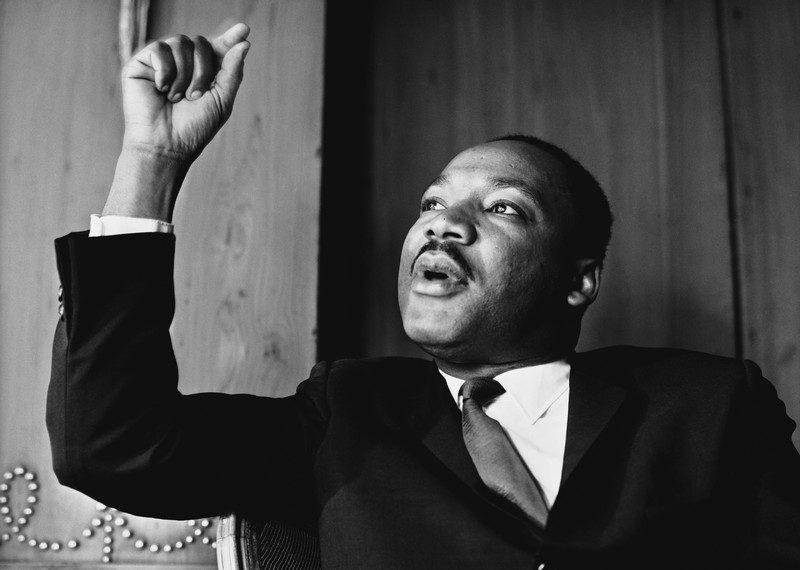
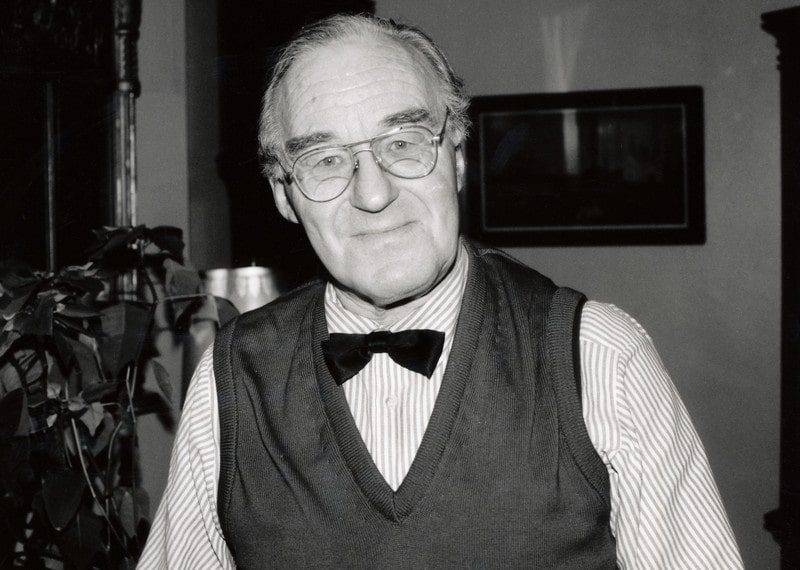
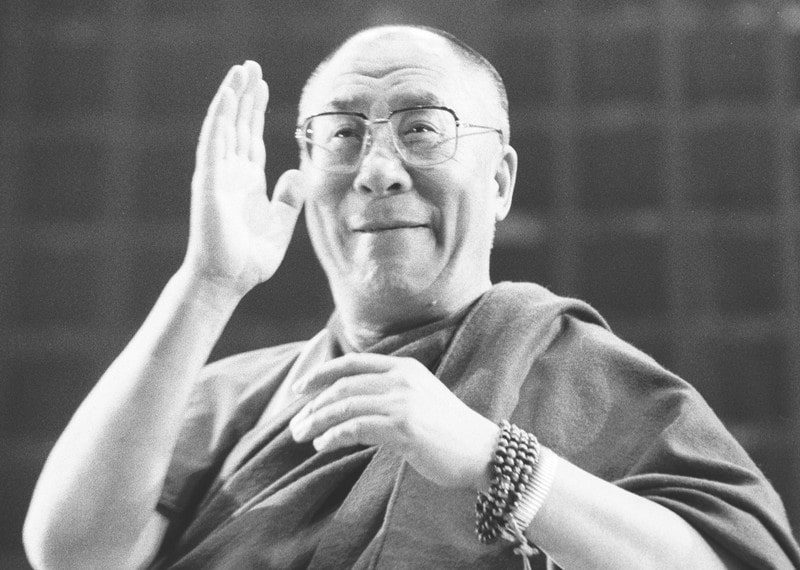
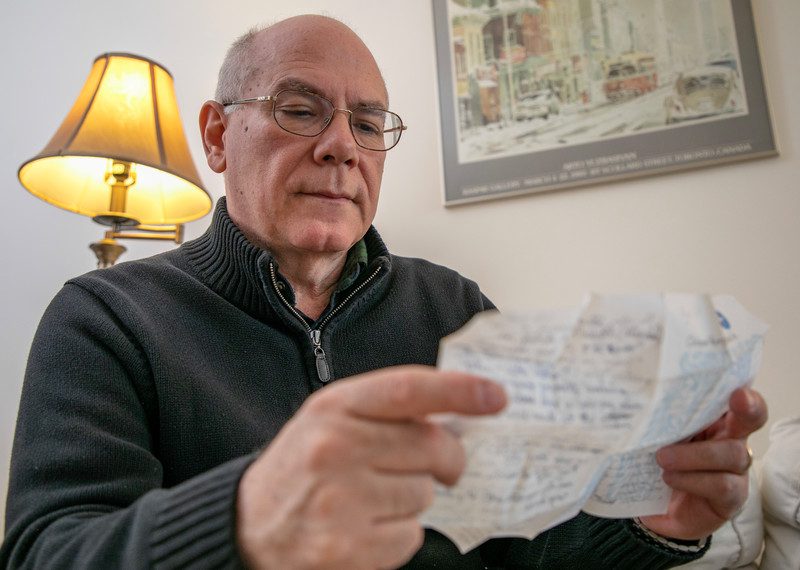
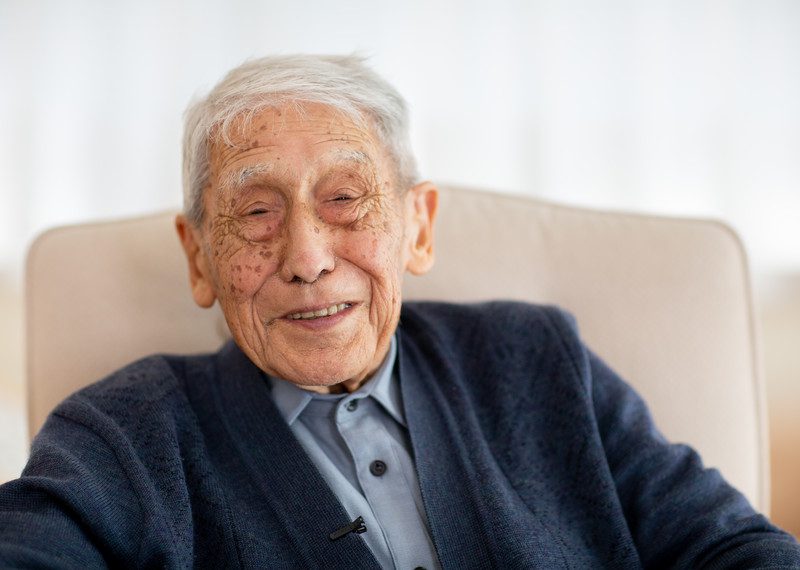
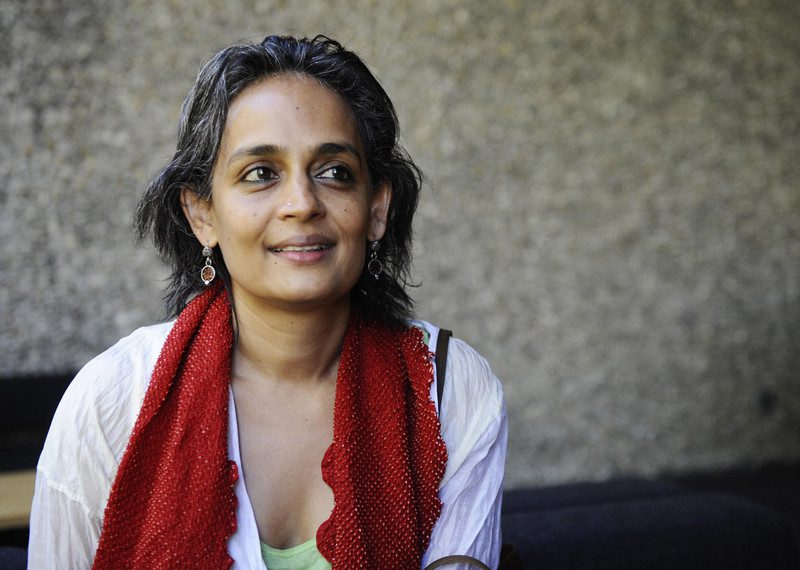
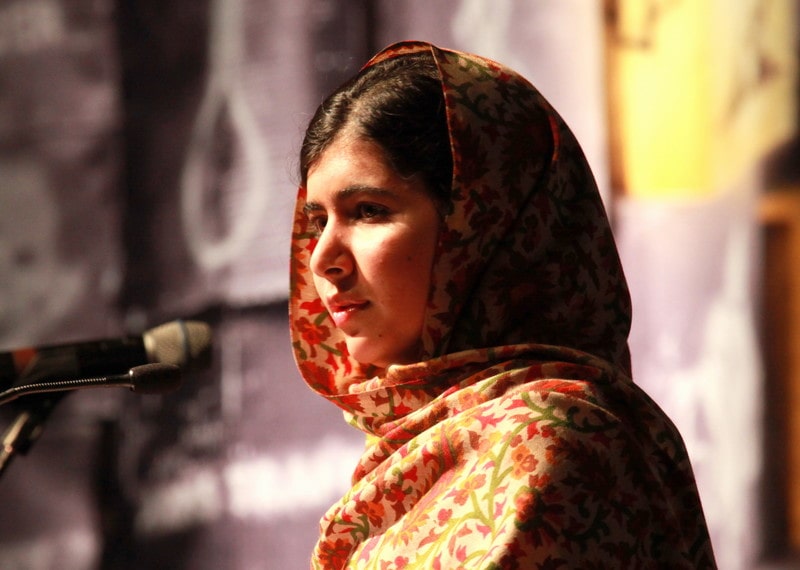
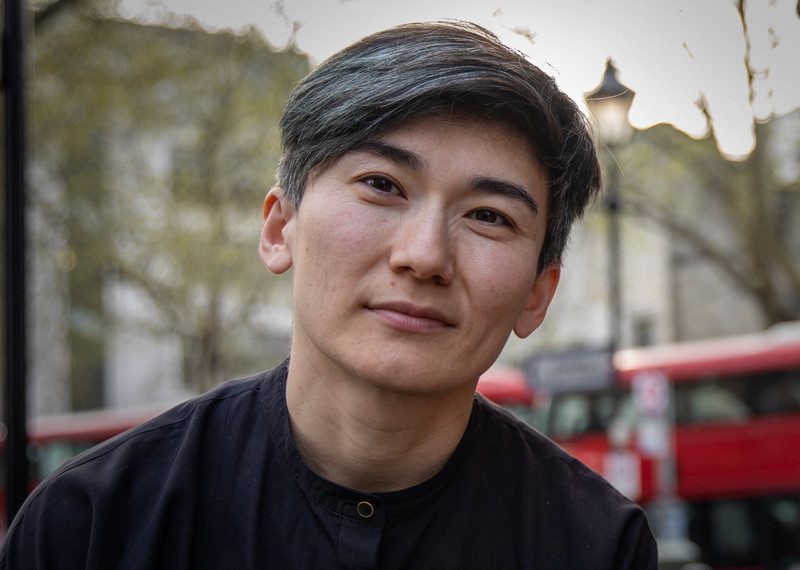
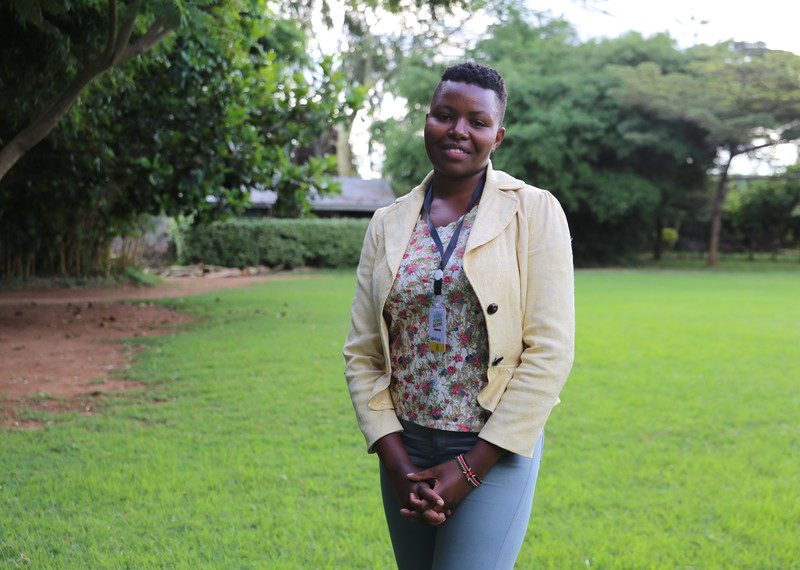
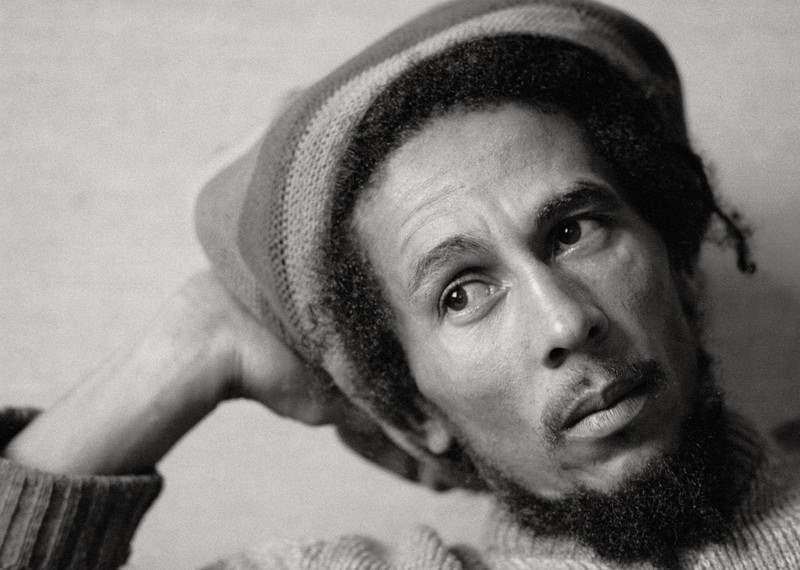
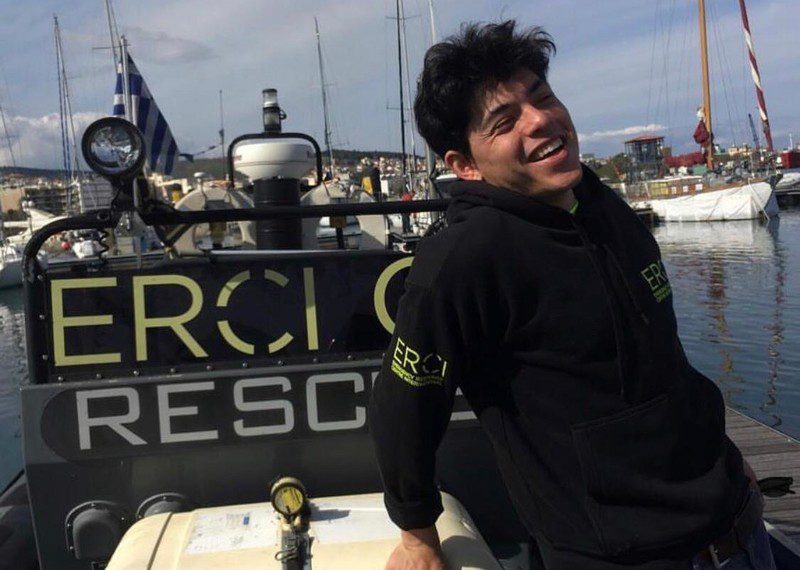

No comments:
Post a Comment